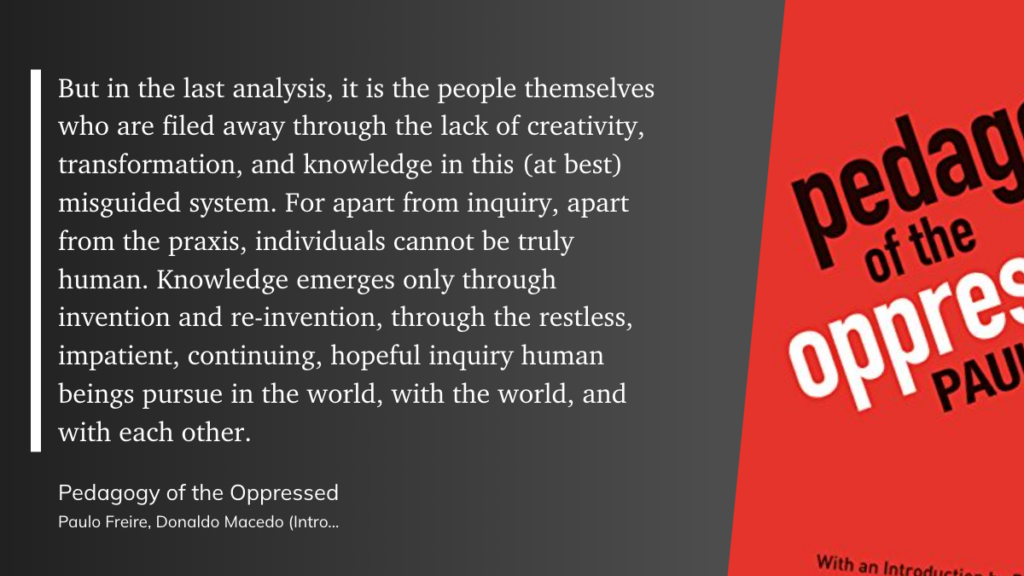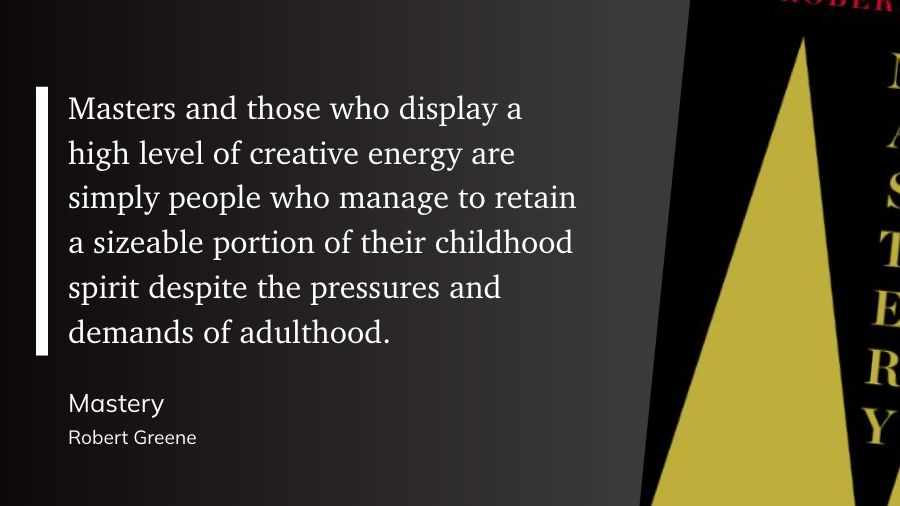
As we depart from the nonsense that is Winter and dive headlong into pollen-filled, sinus-breaking, gloriously sunny early days of Spring, you too may get the urge to sit outside on your back deck on a Saturday morning and just chill.
Back deck sitting is one of my favorite pastimes and often when I do some of my best reading and thinking.
Sitting and chilling in my world means there will be music in the background, preferably something with a chill vibe and mostly instrumental.
I’ve been jamming on Hermanos Gutiérrez for a bit now and just loving these brothers more and more each time I listen.
Here’s their NPR Tiny Desk concert from early 2013 to give you a good intro to their music.
After reading a comment on that particular video, I found another band with similar vibes called Khruangbin.
This trio from Houston, Texas, is heavily inspired by 1960s and ’70s funk and soul from, of all places, Thailand. That musical passion has taken them on a journey that, these days, incorporates music from Spain, Ethiopia, and the Middle East.
Yes, they exude cool.
Add these two groups to your early weekend morning chill vibe. You won’t regret it.
The Eclectic Educator is a free resource for everyone passionate about education and creativity. If you enjoy the content and want to support the newsletter, consider becoming a paid subscriber. Your support helps keep the insights and inspiration coming!







